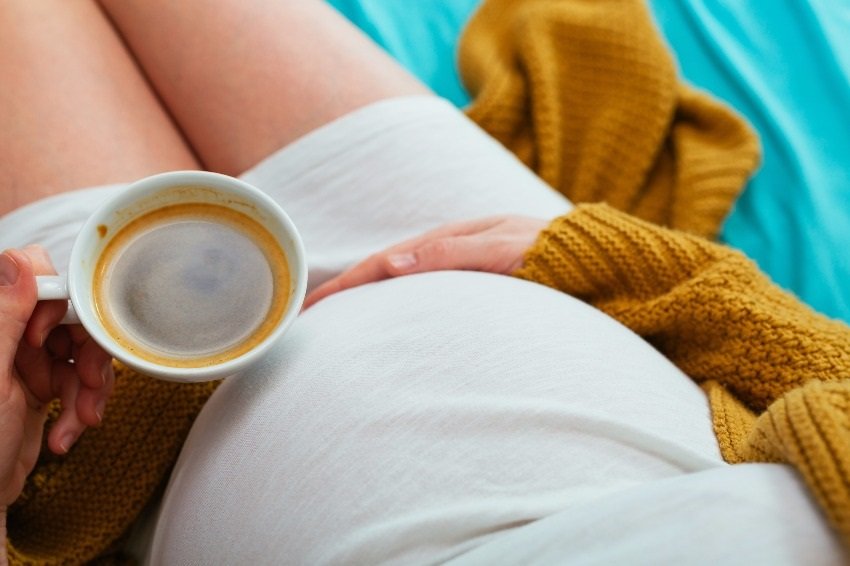Pregnancy is one of the most beautiful periods in a woman’s life, but at the same time a period full of changes and limitations. Many pregnant women wonder if coffee is safe during pregnancy. Scientific studies show that moderate coffee consumption, usually defined as less than 200 mg of caffeine per day, equivalent to about one 12oz (approx. 350 ml) cup of filtered coffee, may not be harmful. However, high caffeine intake has been associated with several negative outcomes, including low birth weight and preterm birth. That’s why it’s important for pregnant women to monitor the amount of caffeine they consume and adjust their coffee consumption to keep it within safe limits.
Decaffeinated coffee: A safe alternative
For those who cannot imagine a day without a cup of coffee, but want to limit their caffeine intake during pregnancy, decaffeinated coffee can be a great alternative. In the production of decaffeinated coffee, the caffeine is removed using various methods, which means that this coffee contains only a minimal amount of caffeine. It’s important to remember that even decaffeinated coffee contains some caffeine, usually 2-5 mg per cup, so it should still be consumed in moderation. Additionally, when choosing a decaffeinated coffee, it’s a good idea to consider the decaffeination method, as some methods may involve the use of chemical solvents.
Caffeine vs. teín: What is better for pregnant women?
When we look for alternatives to coffee, we often come across tea that contains theine, a substance very similar to caffeine. Although the two substances are chemically similar, their effect on the body may differ slightly. Tea usually contains less caffeine (theine) than coffee, making it a more acceptable choice for many pregnant women. Still, it’s important to monitor overall caffeine intake, as some types of tea, especially black and green tea, can contain significant amounts of this stimulant. When choosing a drink during pregnancy, it is important to consider not only the amount of caffeine, but also personal sensitivity to this substance.
Coffee while breastfeeding: What you should know
Breastfeeding is another stage when women should be careful with caffeine consumption. Caffeine gets into breast milk, albeit in smaller amounts, and can affect the sleep and behavior of the infant. While most experts agree that moderate coffee consumption, usually up to 300 mg of caffeine per day, is acceptable while breastfeeding, it’s important to monitor any changes in your baby’s behavior or sleep patterns. If you experience any negative effects, it may be advisable to reduce your caffeine intake.




